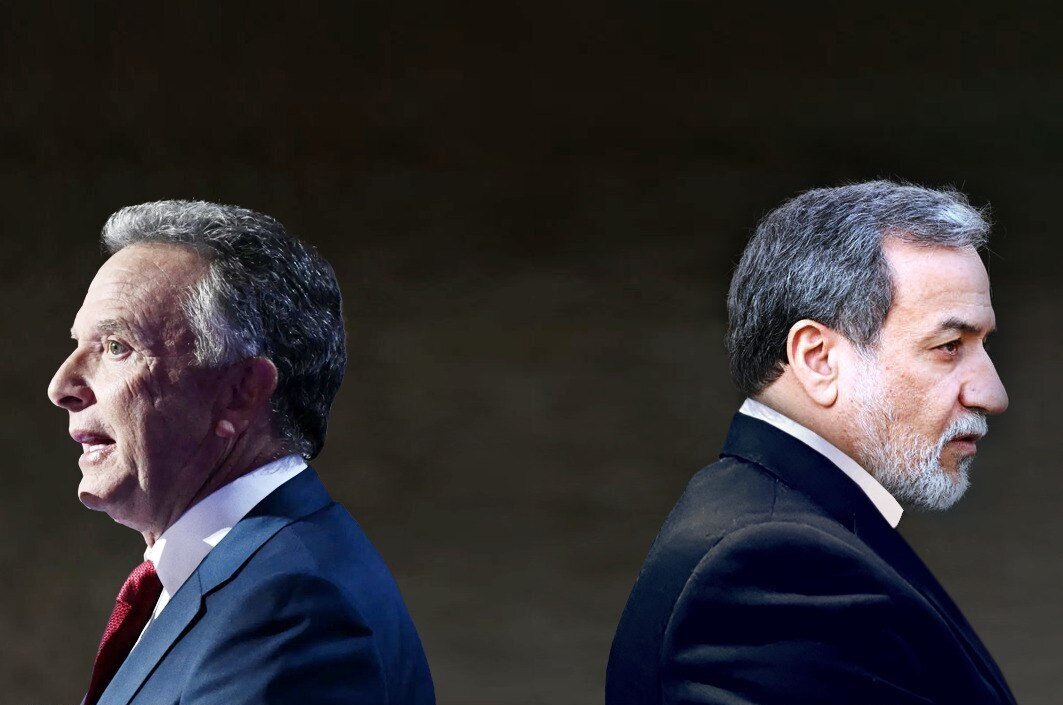
Similar Posts
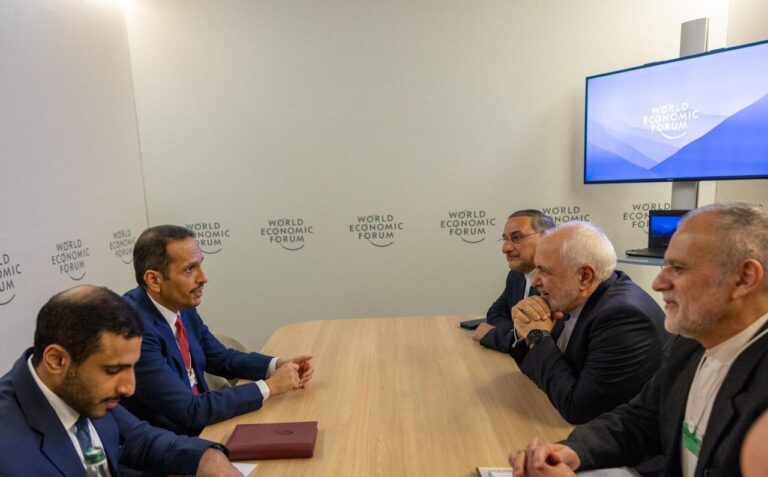
Iran’s Zarif and Qatar’s FM Unite to Address Key Regional Issues, Including the Gaza Crisis
Iran’s Vice-President for Strategic Affairs, Mohammad Javad Zarif, met with Qatar’s Prime Minister, Sheikh Mohammed bin Abdulrahman bin Jassim Al-Thani, at the World Economic Forum 2025 in Davos. Their discussions focused on critical developments in West Asia, particularly regarding Gaza and Syria, and enhancing bilateral relations. Zarif acknowledged Qatar’s role in facilitating a ceasefire in Gaza and the prisoner exchange between Israel and Palestine. His visit included talks with various world leaders, highlighting Iran’s commitment to addressing regional challenges and strengthening international relations.
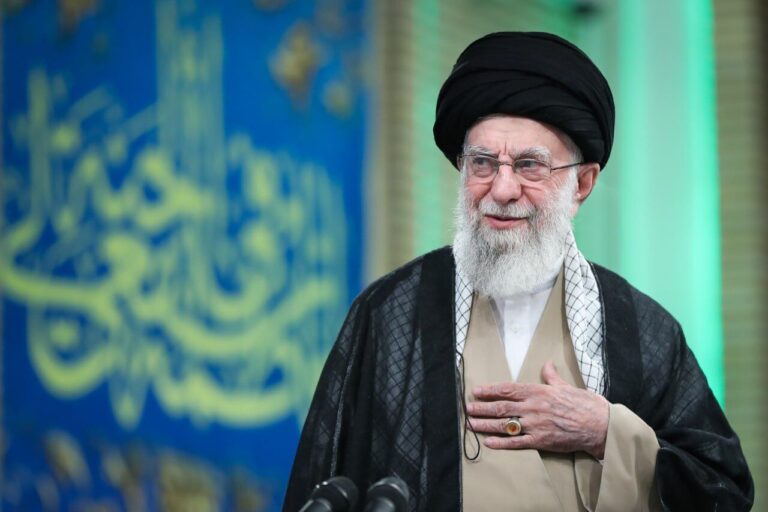
Muslim Leader Calls for Unity Against Israel and Its Supporters
Ayatollah Seyyed Ali Khamenei, the Leader of the Islamic Revolution, emphasized the need for unity among Islamic nations against the Israeli regime and its supporter, the United States, during a Tehran gathering. He highlighted the struggles of the Palestinian people, particularly in Gaza, and called for a collective global response to the injustices they face. Khamenei warned against distractions that could divert attention from the Palestinian issue and expressed hope that, with divine support, Palestine will ultimately prevail. He asserted that while evil may appear powerful, it is destined to vanish, encouraging solidarity among Muslim nations in pursuit of justice.
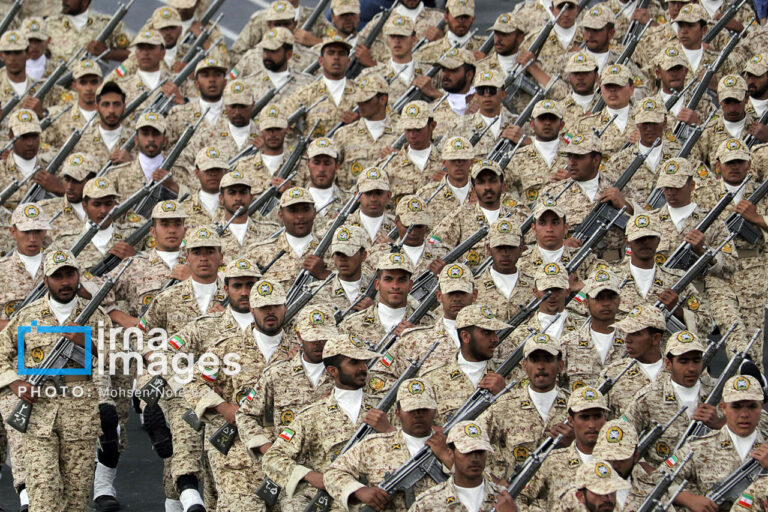
Iranian Army Pledges to Thwart Enemy Ambitions and Safeguard National Interests
The Islamic Republic of Iran Army has reaffirmed its dedication to defending the nation’s territorial integrity and security, emphasizing readiness to counter adversaries. In a statement commemorating the anniversary of the Liberation of Khorramshahr on May 24, 1982, the Army highlighted this event as a symbol of resilience and victory over oppression. It serves as a warning to enemies against invasion. The statement acknowledges ongoing threats while pledging a decisive response guided by the Leader of the Islamic Revolution. The liberation is seen as a pivotal moment in Iran’s history, achieved through unity and faith during the war against Iraq.
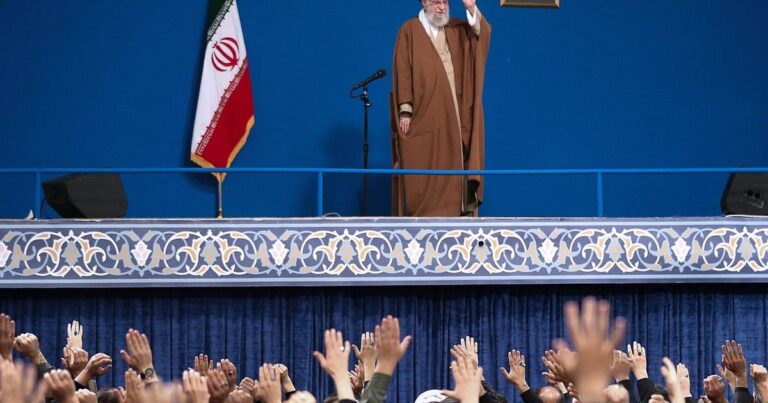
Khamenei Rejects Trump’s Ultimatum, Promises Strong Retaliation Against Any Attack
Iran’s Supreme Leader, Ali Khamenei, dismissed fears of military confrontation with the US over nuclear negotiations, asserting that any aggression would provoke a strong response. In a televised speech, he emphasized that threats against Iran would be ineffective. His comments followed reports of a letter from US President Trump proposing a two-month timeframe for negotiations, which Tehran acknowledged but chose not to officially comment on. While Khamenei rejected negotiations under pressure, some Iranian officials indicated a willingness for indirect talks. This comes amid escalating US military actions in Yemen against Houthi fighters, attributed to Iranian support, heightening regional tensions.
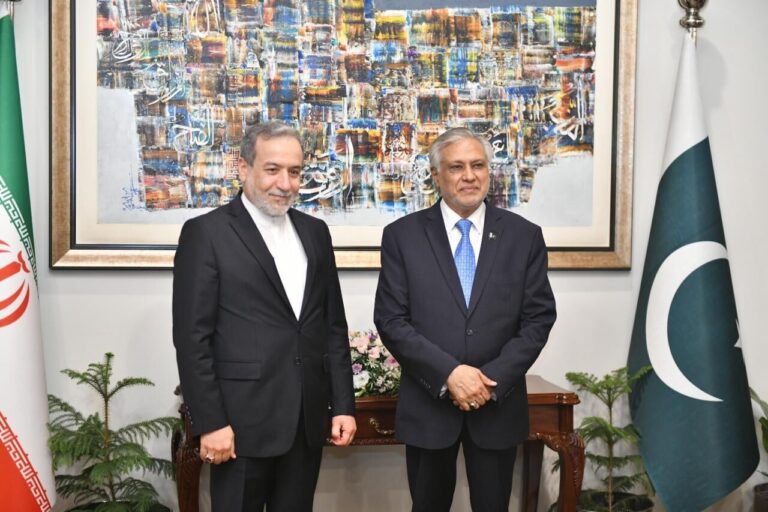
Tehran and Islamabad Unite: Strengthening Strategic Ties for a Powerful Partnership!
The Pakistani Foreign Ministry recently highlighted the commitment of Pakistan and Iran to regional peace and stability, emphasizing strengthened strategic relations and economic cooperation. During a meeting in Islamabad, Iranian Foreign Minister Abbas Araqchi and Pakistan’s Deputy Prime Minister Mohammad Ishaq Dar discussed key collaboration areas, including bilateral relations, trade, energy, and communications. Dar underscored the historical and cultural ties between the nations and praised positive developments in their relationship. Both parties acknowledged the need for expanded cooperation in various sectors and reaffirmed their dedication to mutual understanding and peace in the region.
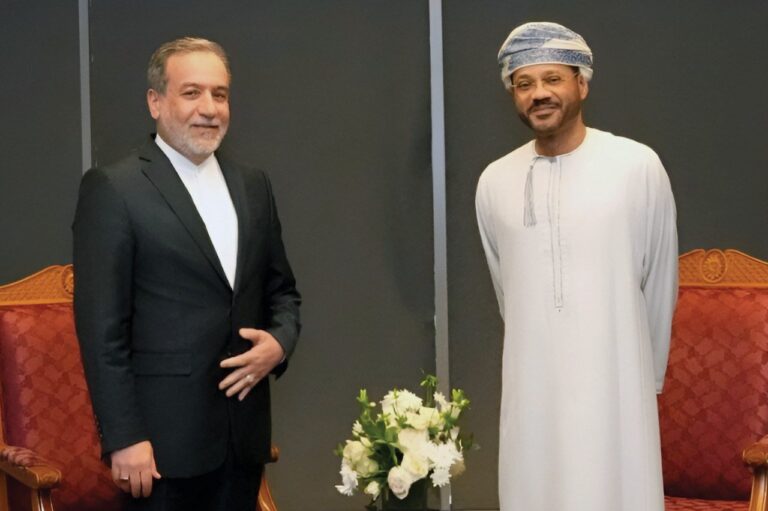
Uncovering the Mystery: Shocking Events at Albusaidi’s Home This Saturday!
Recent diplomatic talks between Iran and the U.S. in Oman marked a significant encounter, with both sides eager to gauge outcomes. The discussions, facilitated by Omani Foreign Minister Badr bin Hamad Albusaidi, involved key representatives Seyyed Abbas Araghchi (Iran) and Steve Witkoff (U.S.), exchanging fewer than ten written messages. Araghchi emphasized Iran’s commitment to a mutually beneficial agreement, refusal to dismantle its nuclear program, and demands for sanctions relief. Meanwhile, European nations are reportedly attempting to disrupt negotiations and seek involvement, raising concerns about their influence. The path ahead remains uncertain, with trust issues stemming from the U.S. withdrawal from the JCPOA.